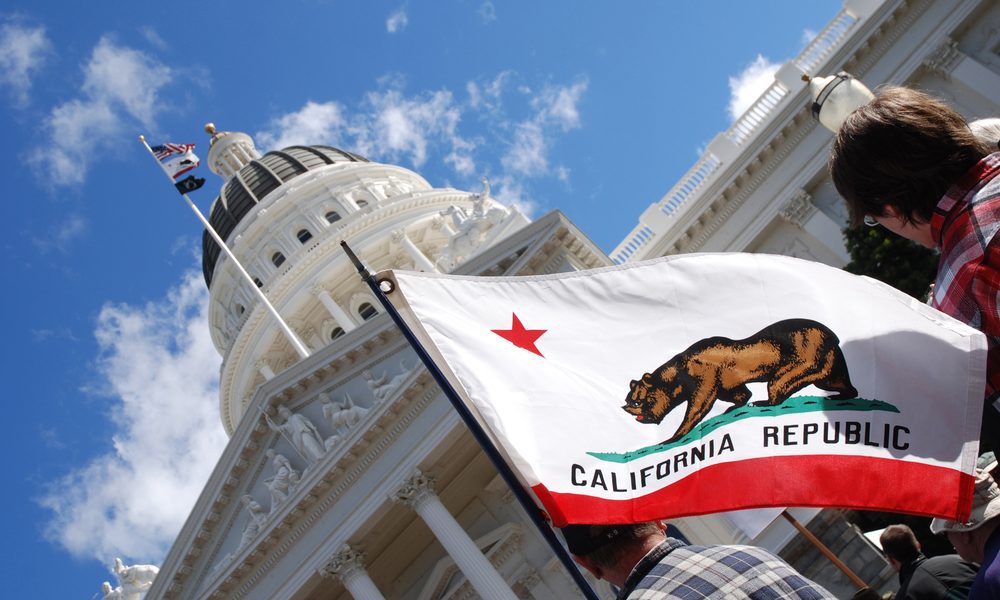In the course of a research note published Monday, Jefferies analyst David Katz updated his readers on the progress of two political drives affecting gaming. Opposition to Eagle 1’s online sports betting (OSB) push in California now appears to extend to the private sector, per Katz.
The analyst wrote, “Operators have also connected with … larger tribes to attempt alignment of efforts, which we consider critical to meaningful progress.” The “larger tribes” in question are the principal detractors of the Eagle 1 initiative, now officially recognized by the California secretary of state.
Eagle 1 must gain 874,641 valid signatures by April for the OSB proposal to qualify for next November’s ballot. According to Katz, “A small portion of the revenue-sharing tribes in the state support these measures, [but] a majority of the tribes are opposed to legalizing sports betting in California.”
Katz added, “Given the divergent views of the multitude of tribes, we believe a smaller group of the largest tribes is expected to drive the process.” The unspecified operators are believed to be working with that smaller group of tribes.
Six of the tribal signatories to a recent letter from the California Nations Indian Gaming Association (CNIGA) urging Eagle 1 to abandon its proposal were also responsible for $220 million in funding to defeat failed Proposition 27 two years ago. Proposition 27, which would have legalized private-sector sports betting in the Golden State, went down with only 18 percent support from voters.
While Katz said he expected “meaningful progress” in the current election cycle, he also noted that the success of this latest push was far from a sure thing. California, he observed, is one of the largest remaining U.S. markets not to offer OSB.
On a similarly contentious subject, igaming in Brazil, Katz branded it the “next frontier for digital gaming.” The nation’s Chamber of Deputies has approved online gambling and it is expected to be initiated later this year.
Despite little operator commentary to date — even potential entrants Bally’s Corp. and Rush Street Interactive have been circumspect — Katz wrote that most operators would “pursue the market should it be competitive.” He anticipated an 18 percent tax rate and $6 million license fee.
Would-be operators will also have to be physically present in Brazil. Katz believed this implied partnerships with Brazilian entities. Given that both igaming and OSB have been legitimized, he thought this made the equatorial market even more enticing.
If discretionary spending on OSB and igaming is half of what it is in the U.S., Katz postulated it would translate to a possible market worth $24 billion. Brazil’s adult population is 150 million.

